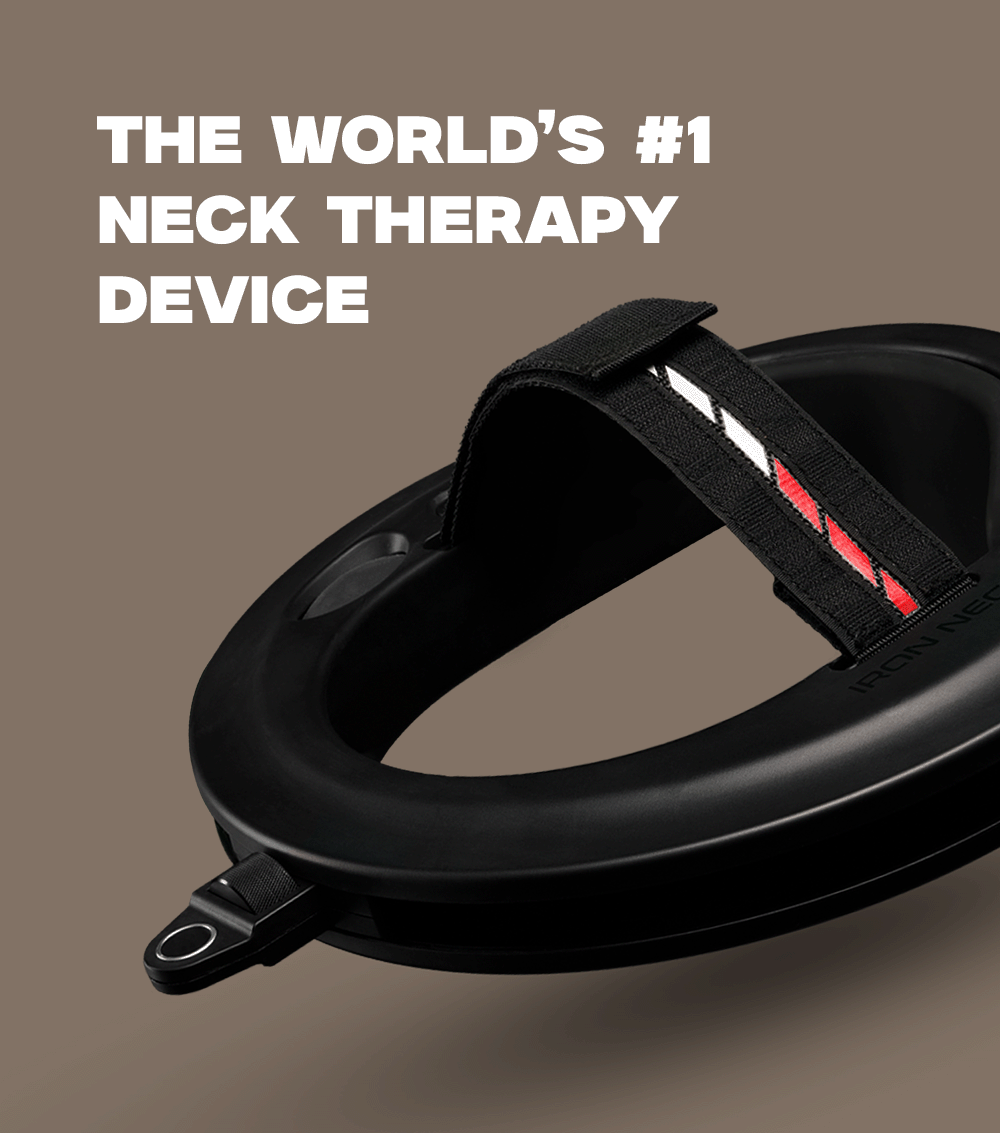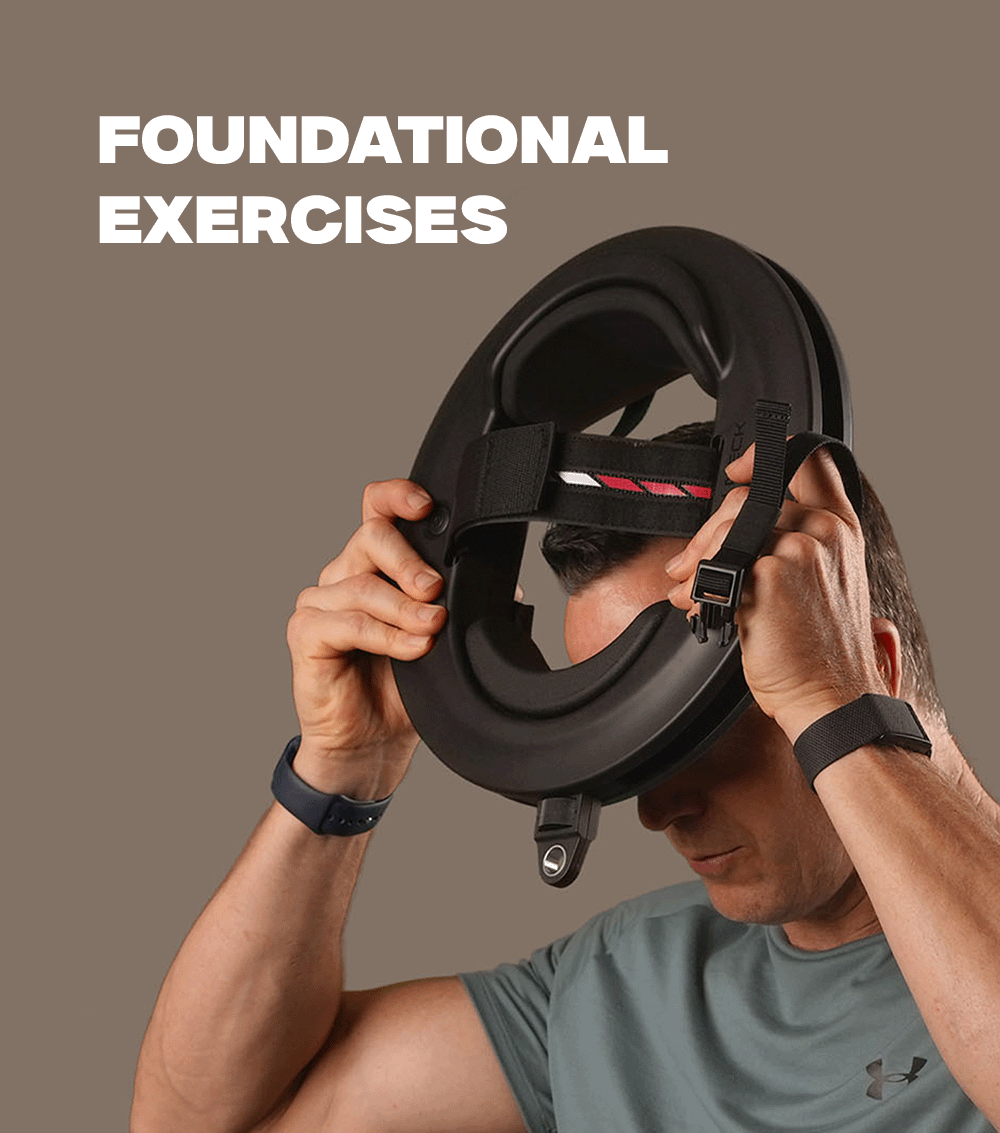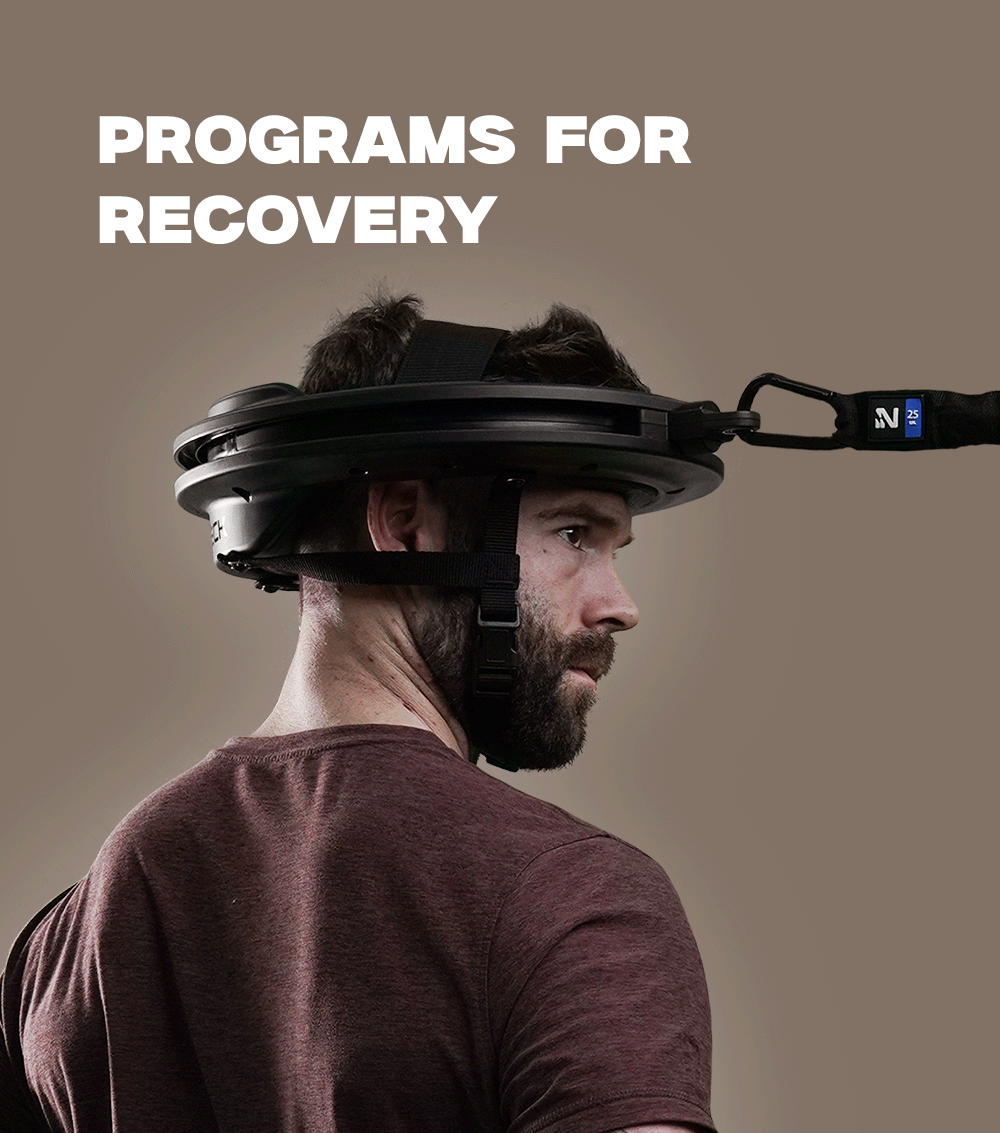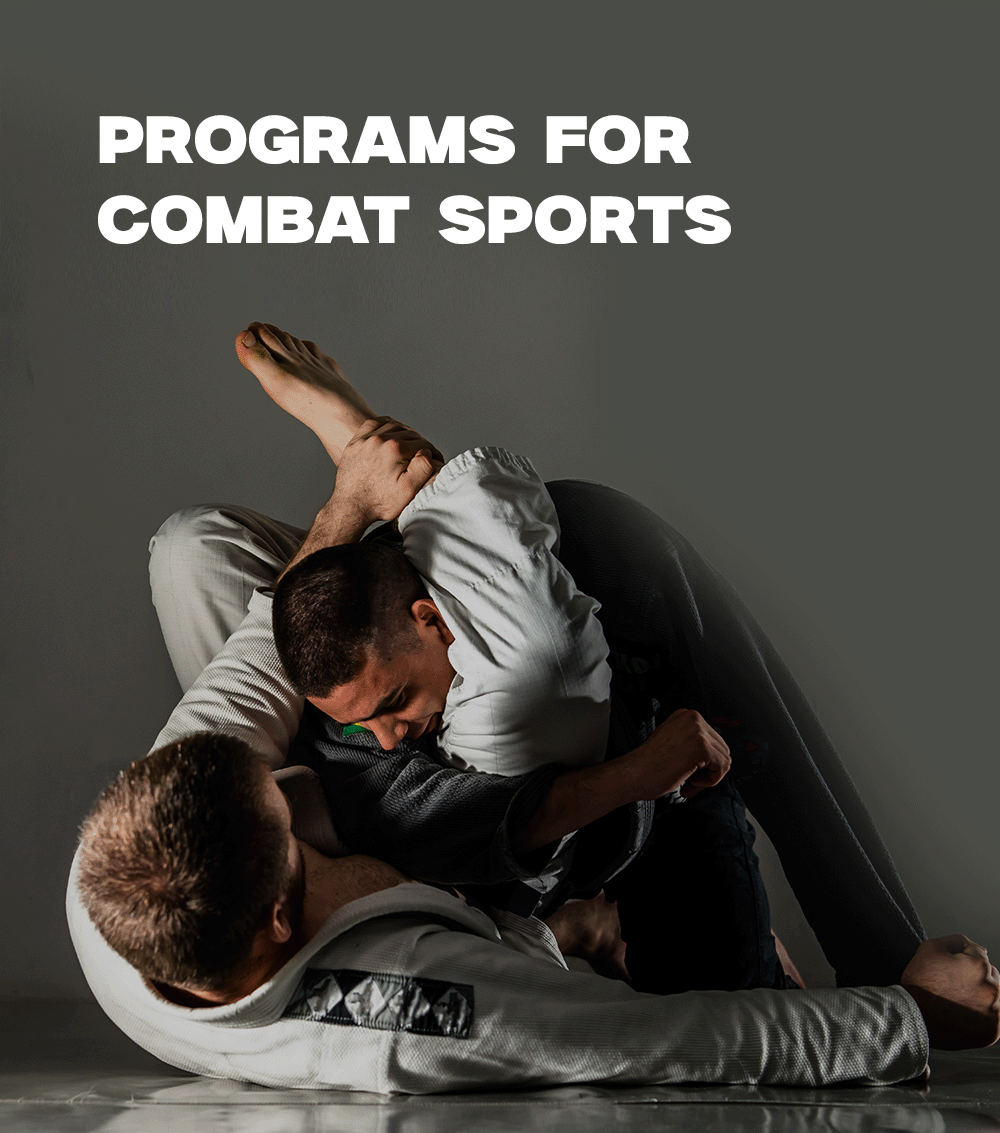Program Goal
Prevent cervical injuries and facilitate safe return to full duty following neck trauma, ensuring operational readiness while minimizing re-injury risk.
Description
Military personnel face unique injury risks from combat, training, vehicle operations, and equipment use. Cervical injuries can significantly impact operational readiness and mission capability. This program provides systematic injury prevention through comprehensive strengthening and supports evidence-based return-to-duty protocols that ensure personnel can safely resume full military responsibilities without increased re-injury risk.
Who's This Program For
- Personnel returning from cervical injury
- Service members in injury-prone positions
- Military personnel with history of neck trauma
- Personnel seeking comprehensive injury prevention
- Service members preparing for high-risk operations
Phase 1: Foundation Rebuilding (Weeks 1-4)
Phase Focus
Re-establish safe movement patterns and basic cervical control following injury or for injury prevention baseline.
Phase Transition
Progress to Phase 2 when: Pain-free movement in all directions, basic strength restoration, confidence in movement patterns.
Exercises
Protraction / Retraction

- Sets & Reps: 2 sets of 6 reps
- Anchor: Front & Back
- Benefit/Purpose: Re-establishes fundamental cervical control and movement patterns essential for safe progression. Critical for building the foundation needed for military-specific demands.
360 Spin

- Sets & Reps: 1 rep each direction
- Anchor: Front
- Benefit/Purpose: Safely introduces full-range movement while monitoring for symptoms. Essential for restoring confidence and movement quality following injury.
Look Left, Look Right

- Sets & Reps: 2 sets of 4 reps each side
- Anchor: Front
- Benefit/Purpose: Restores rotational control needed for situational awareness and operational tasks. Critical for rebuilding functional movement patterns.
Phase 2: Functional Stability Development (Weeks 5-8)
Phase Focus
Build stability and strength for military-specific movement patterns and job demands.
Phase Transition
Progress to Phase 3 when: Demonstrates stable control during movement, tolerates increased activity, shows consistent strength gains.
Exercises
Locked Neck, Body Turn

- Sets & Reps: 2 sets of 6 turns each direction
- Anchor: Front
- Benefit/Purpose: Develops the head-trunk dissociation essential for military tasks requiring stable head position during body movement. Critical for tactical operations and equipment use.
Figure Eights

- Sets & Reps: 2 sets of 4 figure eights
- Anchor: Front
- Benefit/Purpose: Builds coordinated movement control needed for complex military tasks. Essential for restoring full operational movement capability.
Protraction / Retraction w/ Hold

- Sets & Reps: 2 sets of 6 reps with 3-second holds
- Anchor: Front & Back
- Benefit/Purpose: Develops sustained control essential for equipment use and prolonged positioning required in military operations.
Phase 3: Operational Readiness Building (Weeks 9-12)
Phase Focus
Build strength and endurance for full military duties and injury resistance.
Phase Transition
Progress to Phase 4 when: Meets strength standards for military duties, demonstrates injury resistance, shows confidence in all movement patterns.
Exercises
360 Spin

- Sets & Reps: 2 reps each direction
- Anchor: Front
- Benefit/Purpose: Builds the endurance and strength needed for extended military operations. Critical for ensuring readiness for full duty demands.
Diagonals

- Sets & Reps: 2 sets of 4 reps each diagonal
- Anchor: Front
- Benefit/Purpose: Strengthens complex movement patterns for comprehensive injury protection and operational effectiveness.
Isometric Holds

- Sets & Reps: 3 x 20 seconds with marching
- Anchor: Left & Right
- Benefit/Purpose: Integrates cervical stability with maintaining head control during military activities and reducing injury risk.
Phase 4: Mission-Ready Durability (Ongoing)
Phase Focus
Maintain peak injury resistance and operational readiness for all military duties.
Exercises
360 Spin

- Sets & Reps: 1 rep each direction
- Anchor: Front
- Benefit/Purpose: Develops proprioceptive control that prevents injury during unpredictable situations and maintains performance in challenging environments.
Diagonals

- Sets & Reps: 2 sets of 6 reps
- Anchor: Front
- Benefit/Purpose: Maintains strength and control under cognitive load, essential for injury prevention during complex military tasks requiring divided attention.
Protraction / Retraction + Timed Holds

- Sets & Reps: 2 sets of 6 reps with 5-second holds
- Anchor: Front & Back
- Benefit/Purpose: Builds sustained strength and endurance that prevents fatigue-related injuries during extended operations and maintains optimal cervical positioning under load.








Leave a comment
This site is protected by hCaptcha and the hCaptcha Privacy Policy and Terms of Service apply.